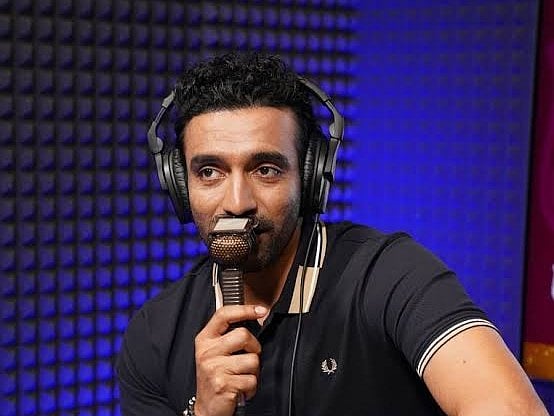India is predominantly a young nation with median age of around 29. This very nature of the country with a large and burgeoning workforce (18 to 45 years) makes it a truly aspiring one often termed as 'New India'. However, one must not forget the complexity in Indian society. A significant number of population (more than 135 million) are termed as 'senior citizens' or 'elderly' with age more than 60.
With increased longevity due to developments in medical science, many of these elders remain physically & mentally active for a long period of 10 to 15 years even after their retirement. They are retired from 'professional career' but not from 'active life'. While many of them age happily with dignity, some of them do not. Lack of financial resources, decline in health as well as cognitive abilities and being away from family members and absence of purpose in life make them directionless as well as helpless. Loneliness brings with it anxiety, depression and emotional instability.
Rational of bringing generations together:
To live happily together so that both younger and older generations can co-exist with their own sets of agendas and aspirations. The elderly is interested in health and happy aging and nothing beyond that while the younger generation are in pursuit of worldly and material wealth & pleasure. While they travel separately, both can support and complement each other and still live a peaceful life of co-existence.
That is how it used to happen in joint or extended families. Younger folks used to go for earning money for all while the elder people took care of the house and small kids. Evening they would come back, spend nice evening together and have a dinner together. These joint families represent the best of 'micro example' of how two different generations can co-exist and live happily together under single roof.
Role of two generations:
Extending the principle, it can safely be concluded that the society will become a much better place to stay & live, if all generations can co-habit and live peacefully together. Elders having spent 3 to 4 decades of seeing the world and its rush of life can play the ideal role of 'mentor' and 'role model' for next generation showing the right way of leading life. But they are physically and mentally weaker and may need support for leading an active life. The younger people can chip in here lending 'helping hand' to the elders. They can provide the warmth and care that elders need besides meeting their financial requirements.
The above is an idealistic scenario that may not often be the case. There will be elders who will be 'interfering' in the decision making of the younger generations and cause family rifts. On the other side, greedy younger generation aiming to selfishly snatch the property from elders may resort to 'elder abuse'. We need to stop both through counseling as well as legal means. However, as elders become weak and fragile, the caring support is needed more from the younger generation because the elders re-enter the zone of 'dependence' from 'independence'. It is here that the youth need to handle the situation with empathy, tenderness and care so that elders can spend their last available time happily and peacefully with them.
Way forward:
The only prudent way forward is to create an eco-system where all generations can live happily together. The spirit of co-existence and mutual support should be inculcated from early days. This should start from early child care education (ECCE) where respect for elderly should be made mandatory as an 'experiential learning' exercise. Similarly, elders in their 'prime elder age' (say 60 to 70) must do something for the next generation. This might include teaching free, or spending time with children, or visiting schools and giving them the opportunity to share their life experiences.
All this is aimed to bring the generations together with a view to create a conducive climate for peaceful living. Many countries of the world are already doing such experimentations for bringing the generations together. We all should be part of such experiments.
(Dr A K Sen Gupta is a Chief Trustee, My Retired Life Foundation (MRLF). He may be contacted at aksengupta51@gmail.com or 98211 28103.)











